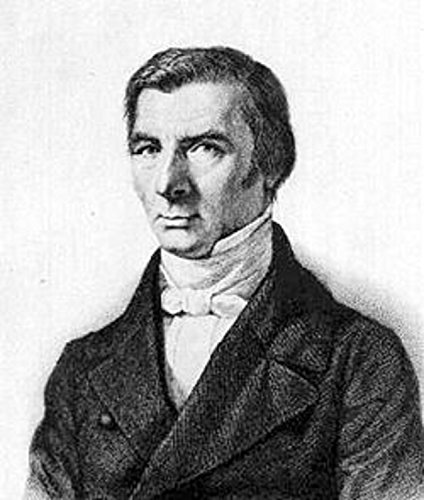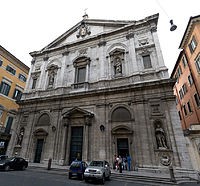
Frédéric Bastiat was a French political economist, statesman and classical liberal theorist. His ideas base the libertarian and Austrian schools of thought.
Below is an excerpt from a biography of Frédéric Bastiat included with our books.
| Title | Published |
|---|---|
| The Law | 1850 |
| That Which is Seen and That Which is Not Seen | 1850 |
The birth date of Bastiat’s birth was recorded on 30 June 1801 in in Bayonne, Aquitaine, France. His mother died in 1808 when Frédéric was seven years old and his father, Pierre Bastiat a prominent businessman, died in 1810 when Frédéric was nine years old. He was taken in by his paternal grandfather and his maiden aunt, Justine Bastiat.
He attended a school in Bayonne and His aunt Justine Bastiat also sent Frederic to Saint-Sever to receive his education. At 17, he left school at Sorèze to work for his uncle in his family’s export business.



At age 24, Bastiat inherited the family estate after his grandfather died. This enabled him to further his theoretical inquiries without worry about income and work. Bastiat developed intellectual interests in philosophy and political economy.
His career as an economist began when his first article was published in the Journal des economistes on October 1844. The Law is his most important work ever published.
After the middle-class Revolution of 1830, Bastiat was elected justice of the peace of Mugron in 1831 and to the Council General of Landes in 1832. He was elected to the national legislative assembly after the French Revolution of 1848.
Bastia’s doctor sent him to Italy in the fall of 1850. He first traveled Pisa, then on to Rome. He died in Rome on 24 December 1850 and is buried at San Luigi dei Francesi in the center of that city. He declared on his deathbed that Gustave de Molinari, publisher of Bastiat’s 1850 book The Law, was his spiritual heir.